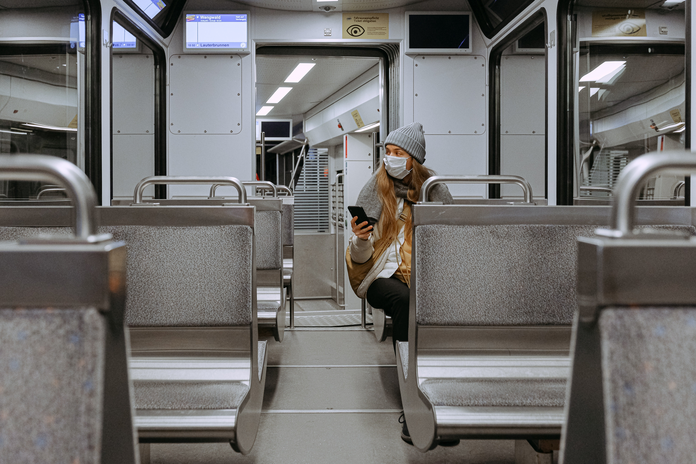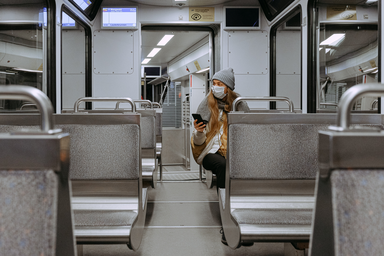As I drag myself out of the latest depressive episode, I am taking some time to see friends, go outside, and get back into the things I enjoy. It is like someone finally lifted a curtain and I can do the same activities, but I feel joy, which I have not felt in months. It is freeing, and just in time for the nice weather. And since I am feeling better, I can reflect on my past months of feeling horrible, such as a popular phrase I heard throughout: “you’re not alone.” Fewer things make me angrier than this phrase right now.
I know people mean well when they say this, and I even understand what they are trying to say. They are trying to reduce the mental health stigma and show that my feelings are “normal” and that if others can get through it, so can I. It is a shared pain. I have no doubt that there are a bunch of other people on my very street dealing with depression at this very moment, and that sucks, but what also sucks is that I told this person how I felt and they responded by talking about someone else. Tons of people are depressed, but if I open up to a person about it, I don’t really want to hear about those other people.

Let’s look into the phrase, “you’re not alone,” more closely. Before the pandemic, 8.5% of U.S. adults reported being depressed. That number has risen to 27.8% as the country struggles with COVID-19. That’s a large statistic—I am definitely not the only depressed person, but I never said I was.
However, when I am crying at 2 A.M. in my bed, I am very much alone. When I stare at my wall, refusing to leave my room for days, I am alone. In my brain, I am all alone. That’s what depression does: it makes you feel alone, and while you could be surrounded by people who care about you, it may not matter. At the end of the day, if you feel alone, you are alone.

If someone comes to you with their struggles, and you have the space, be there for them. Don’t feed them empty words that mean nothing; just listen and show them that you care. It means more than you know. Perhaps they may even feel a bit less alone.



